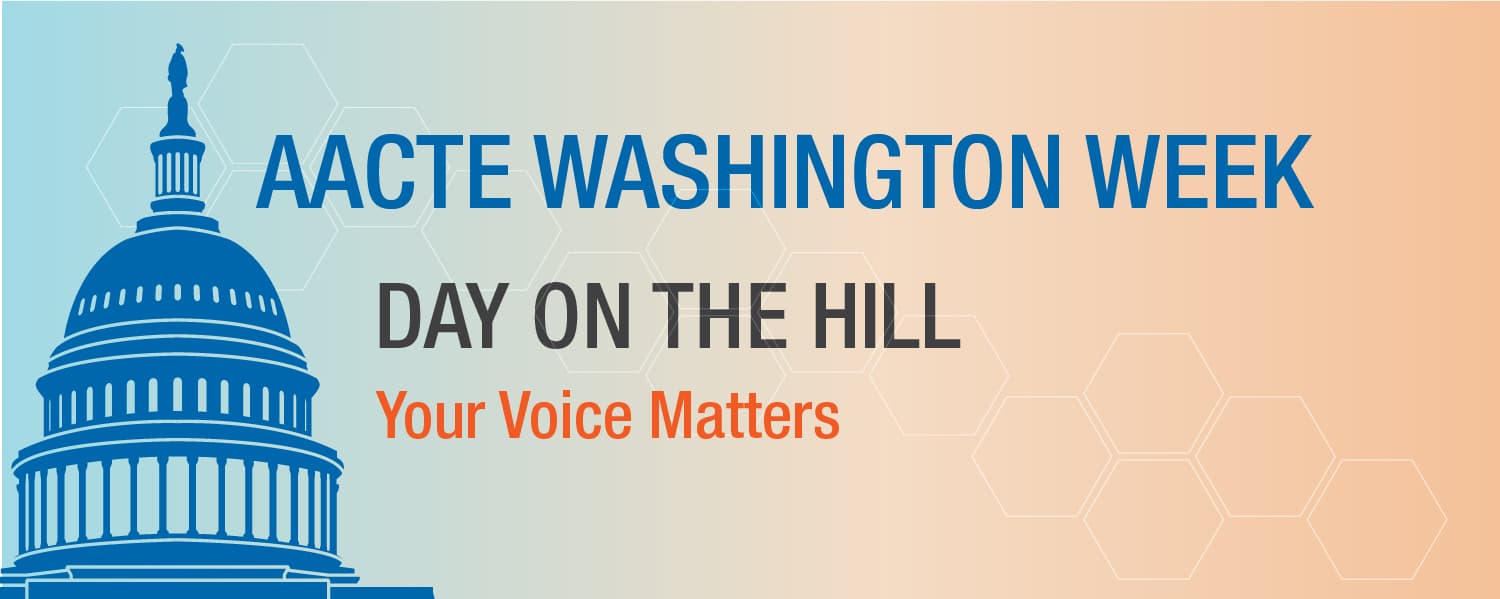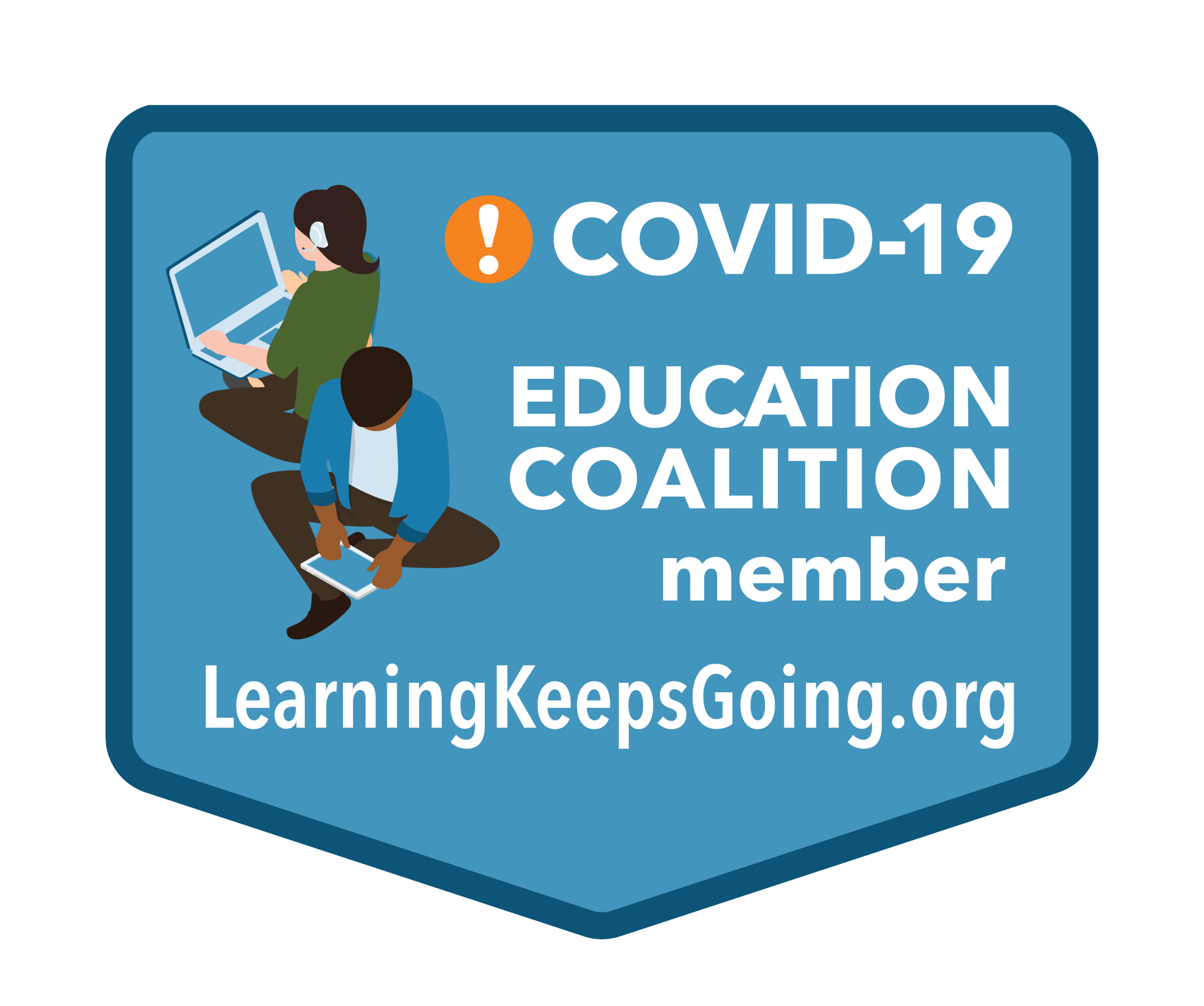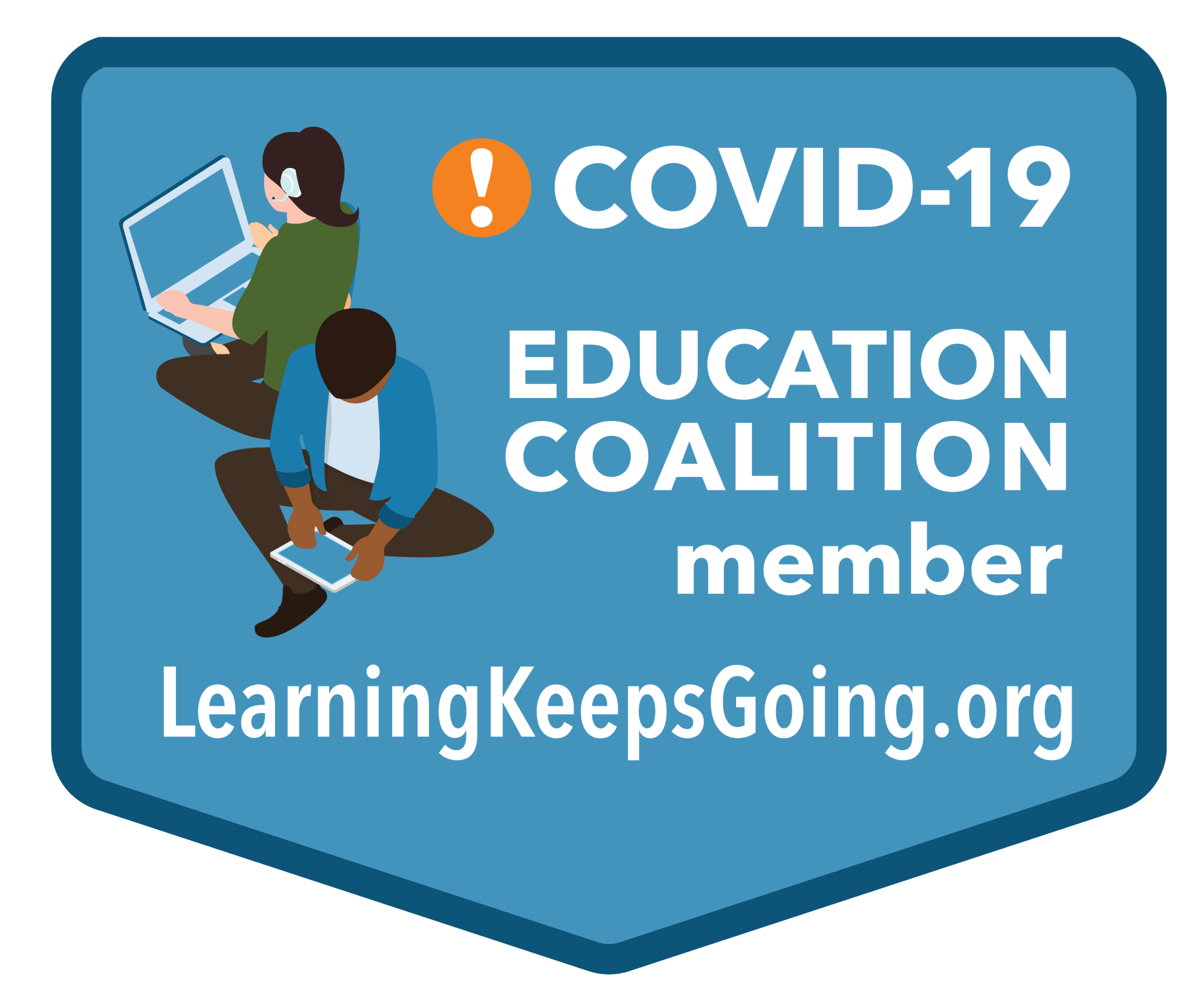17 Sep2020
By Angeline Dean
This article is a personal reflection of the 2020 Washington Week Holmes Policy Institute by attendee Angeline Dean.

“People, Policy, Politics, and Processes” – Jane West
The knowledge of this framework and its relation to analysis and advocacy spearheaded the Holmes Advanced Policy Course. This framework, along with homework given by AACTE staffers Jane West and Weade James was not only the necessary grounding to an understanding that truly “all politics are local” but also ripe for Luis Maldonado to address the navigating of politics and policies. Immediately following, Lakeisha Steele, professional staffer and policy team leader for Rep. Bobby Scott (D-VA), chair of the House, Education & Labor Committee, “ripped the runway” with her honesty, passion, and commitment to social and transformational change! She reminded us that “we are our ancestors wildest dreams!” Therefore, we like our ancestors and so many who have transitioned this year, must be prepared to live in “good trouble” spaces and we must Persevere.
“If they don’t give you a seat at the table, bring a folding chair” – Shirley Chisolm.
As we segued into the rest of the Holmes Policy Institute, we were gifted with the Power statement of “Miss Unbought and Unbossed” herself, Shirley Chisolm. How befitting as this statement resonated as an overarching theme for such a time as this. AACTE Dean in Residence Leslie Fenwick challenged us to thwart the narratives that brand Black bodies in lies and deficits. She pushed us to exercise our Positionality as spaces of truth, resistance, power, and countered narratives that honor civil rights ancestors in the proper telling of history and data in education. With that, students posed questions that blended and asserted their politics, processes, power, and positionality as people such as: What exactly is the role of a dean in residence and how or does it relate to Holmes students and their needs? What systems are in place to protect (another p word) BIPOC students against whiteness and internalized racism in predominantly white institutions?
17 Sep2020
By Alexis Pritchard
The Louisiana Department of Education, Louisiana Board of Regents and Board of Elementary and Secondary Education (BESE) debuted a new website that will help soon-to-be educators choose the teacher preparation program that fits them best. Prospective educators can now visit LouisianaTeacherPrep.com to explore teacher preparation programs and pathways to become a teacher.
“If we want to provide our children with the education they deserve, we need a highly effective teacher in front of every child,” said State Superintendent of Education Cade Brumley. “Not only does this new tool help prospective teachers find the best pathway for them, but it will recruit educators to our state by showcasing Louisiana’s many quality preparation programs.”
The new website will serve as a one-stop-shop for information on the state’s 29 teacher preparation providers. LouisianaTeacherPrep.com was produced to provide prospective educators with data on Louisiana teacher preparation providers that may be helpful as they select a program suitable to their needs.
Completion of a teacher preparation program signifies that an enrolled teacher candidate has met all state educational and training requirements to be recommended for initial certification. The LDOE is collaborating with BESE and the Board of Regents in this work. BESE has regulatory authority over any training program that results in initial educator certification in Louisiana. The Board of Regents has regulatory authority over public universities.
15 Sep2020
By Katrina Norfleet
Last week, scholars of color convened for the AACTE Holmes Policy Institute, a three-day training under this year’s theme, “Moving towards Equity through Advocacy and Policy.” The virtual conference, the first of the AACTE 2020 Washington Week events, offered students the opportunity to connect with peers, build their networks and engage in lively discussions on current trends. The advocacy and policy training focused on how the intersection of policy, education, and research can affect positive change for students of color.
Day 1 kicked off with AACTE Dean in Residence Leslie Fenwick leading a session on civil rights in education and AACTE consultant Jane West presenting a policy briefing. Day 2 centered on presentations by guest speakers—faculty, national organization professionals, and congressional staffers—who covered topics such as efforts to dismantle the school-to-prison pipeline and community-based participatory research to achieve social justice. The final day of training began with social reform advocates Jael Kerandi and Amanda Wilkerson, and moderator Ann Charity Hudley sharing their experiences and guidance on how scholars of color can mobilize for change.
14 Sep2020
By Shelley B. Wepner and William Henk

The professional literature on the lifespan of education deans in their positions indicates that they serve in the role four to six years on average. We discovered a similar finding when we conducted a study through AACTE about education deans’ perceptions of essential characteristics for contributing to their success. More than two-thirds had been in their current position for five years or less (Wepner et al., in press). By the same token, though, we found that one-third of the education deans stayed in their positions much longer. These findings piqued our interest in the construct of longevity in the education deanship and inspired us to conduct a qualitative study, with the assistance of AACTE, of the factors contributing to the length of time education deans remain in office.
We believed that the construct deserved study because endurance in this demanding administrative capacity would presumably exert an impact on the welfare of schools and colleges of education. In a related vein, resilience as an education dean would seem to signify a reasonable indicator of sustained effectiveness, while brevity in the job might suggest the reverse. We also pursued the construct with the understanding that the roles and responsibilities of education deans, while resembling other academic deans, do present some markedly unique challenges that might affect longevity, and that there would be value for those in positions to affect education deans’ tenures positively, whether central administrators, peers, faculty or staff, to better understand the factors that promote longevity.
14 Sep2020
By Leslie T. Fenwick
The following article by AACTE Dean in Residence Leslie T. Fenwick is reprinted with permission from Diverse: Issues In Higher Education, 2020.
Dear Generation Z Students,
You are digital natives. So, this letter would better reach you by video, Instagram, Snapchat, maybe Twitter or a hashtag. But I need more letter characters and time than these platforms allow.
Please bear with me as you read. I warn you: First, my history recitation may seem unrelated but stick with me. Second, you might be tempted to read my analysis of White male power as a screed against all White males. It is not.
Did you learn about Pickett’s charge at Gettysburg in your history class? I’d like you to consider this battle as a metaphor for what you’re witnessing now with the murders of George Floyd, a truck driver and bar bouncer laid off due to the COVID pandemic; Breonna Taylor, an EMT and emergency room tech; Ahmaud Arbery, an avid jogger; and, the assault of Christian Cooper, a Harvard grad and bird watcher victimized by a White woman who used an old, violent trick – call the police and lie about being attacked by a Black man .
General George Pickett (known as the Lost Cause General of the Confederate South) fought a losing battle on July 3, 1863. Pickett and his all White male brigade were fighting to maintain an apartheid south built on the brutalizing, free labor of enslaved African men, women, and children. Pickett moved well above the Mason-Dixon Line and took about 12,000 Confederate soldiers straight into the heart of Union territory, Pennsylvania.
14 Sep2020
By Matthew Wales

For much of 2020, COVID-19 has forced AACTE and its members to “think outside the box” and reimagine programming. Just last week, AACTE conducted its inaugural virtual event, with educators coming together to receive advocacy training and learn effective techniques for effectively engaging with political leaders. And in keeping with innovating its professional development opportunities during the current pandemic, the association is pleased to announce the 2020 AACTE Leadership Academy Series.
In lieu of the traditional, in-person, four-day training, this years’ experience will offer a series of interactive sessions for attendees. The six-session experience will take place in two parts, with three sessions to be offered this fall, and the other three sessions to be offered during the 2021 Annual Meeting. Under the theme of “Leading During Difficult Times,” the three fall sessions will explore content in the following areas:
October 14 – Addressing Issues in Diversity, Equity, and Inclusion
October 27 – Collaborative Decision-Making During Crisis
November 10 – Re-Thinking Field Experience
14 Sep2020
By Jacqueline Rodriguez
 AACTE delivered its first virtual Day on the Hill advocacy event this past week. Over two days, attendees met with Congressional staff, AACTE Committee on Government Relations members, and panelists to develop their advocacy toolkit. This week, the attendees will host two days of Congressional visits with the senators and representatives from their states. AACTE state teams will be advocating for the AACTE 2020 Legislative Priorities, which describe the needs of educator preparation as we address twin pandemics: COVID-19 and racial injustice.
AACTE delivered its first virtual Day on the Hill advocacy event this past week. Over two days, attendees met with Congressional staff, AACTE Committee on Government Relations members, and panelists to develop their advocacy toolkit. This week, the attendees will host two days of Congressional visits with the senators and representatives from their states. AACTE state teams will be advocating for the AACTE 2020 Legislative Priorities, which describe the needs of educator preparation as we address twin pandemics: COVID-19 and racial injustice.
In preparation for their virtual Congressional Visits, attendees practiced how to communicate the priorities to legislative leaders, were briefed on current data related to educator shortages, the important to increase funding toward TEACH grants and Teacher Quality Partnership Grants within educator preparation programs, and the value of funding the Institute for Education Sciences, which is the principal research agency for education in the United States.
In addition, attendees received resources to support their learning. Each of these resources is available to all AACTE members!
14 Sep2020
Making the Case for Critical Theory as a Theoretical Framework for a Liberatory Policy Agenda
By Andre ChenFeng
 In 1963, Shirley Chisholm, the first Black woman elected to the U.S. Congress, said, “If they don’t give you a seat at the table, bring a folding chair.”
In 1963, Shirley Chisholm, the first Black woman elected to the U.S. Congress, said, “If they don’t give you a seat at the table, bring a folding chair.”
As a first-time attendee to the AACTE’s Holmes Policy Institute, I was met with theory, practice, and a new appreciation for civic engagement. My key takeaway from the Holmes Policy Short Course was for scholars of color to bridge education policy with critical praxis[1]. In other words, we are to unapologetically interrogate the role of white supremacy and whiteness in our education policies with our dissertation research questions.
 During the course, Weade James, AACTE director of development and research, reminded the Holmes Scholars that “part of being an effective education leader is being an active participant in the public policymaking process.” I was inspired by her leadership and vision to create the Holmes Policy Short Course for scholars of color—a space to train and equip advocates for education policy to navigate white supremacy in our political institutions.
During the course, Weade James, AACTE director of development and research, reminded the Holmes Scholars that “part of being an effective education leader is being an active participant in the public policymaking process.” I was inspired by her leadership and vision to create the Holmes Policy Short Course for scholars of color—a space to train and equip advocates for education policy to navigate white supremacy in our political institutions.
11 Sep2020
By Ji Soo Song
 The undersigned members of the COVID-19 Education Coalition offer the following statement on the Delivering Immediate Relief to America’s Families, Schools and Small Businesses Act:
The undersigned members of the COVID-19 Education Coalition offer the following statement on the Delivering Immediate Relief to America’s Families, Schools and Small Businesses Act:
Our coalition is deeply concerned with the Delivering Immediate Relief to America’s Families, Schools and Small Businesses Act because of its low education funding levels, its fixation on physical reopenings of school buildings, and its failure to provide direct support for professional development in online learning. The bill would provide just $70 billion in additional K-12 education stabilization funds, a figure that is far short of the $200 billion that many educational groups feel is required to meet their needs. Additionally, we are concerned that the bill would condition receipt of two-thirds of this funding to the physical reopening of school buildings. This requirement ignores recent reports showing that 95% of districts plan to offer remote instruction to some degree, with about a third planning on remote instruction exclusively. This restriction makes no sense and will only adversely impact marginalized communities, including students of color, homeless students, students in foster care, and students with disabilities.
We also must note that this bill fails to provide separate funding for a key priority: professional development for online learning. Recently released studies point to the urgent need to support educators to deliver effective and equitable learning experiences. For example, more than one-fifth of educators have not received any training as it relates to technology-based remote instruction. A separate survey shows that a majority of novice educators do not feel well-prepared to provide online learning experiences for their students, as their preparation programs had not trained them on research-based technology integration frameworks.
11 Sep2020
By Marleen C. Pugach
This article is an excerpt that originally appeared in the AACTE Journal of Teacher Education (JTE) and is co-authored by Marleen C. Pugach, Ananya M. Matewos, and Joyce Gomez-Najarro. AACTE members have free access to the articles in the JTE online archives—log in with your AACTE profile to read the full article.
Preparing teachers for social justice has long been a driving force within teacher education, reflecting a commitment to educating students from multiple social identity groups who are marginalized and oppressed in schools. Given any particular decade, specific social identity markers may take center stage in this work—with new markers gaining visibility as previously neglected identity groups begin to receive vital, much needed attention.
Alongside social justice concerns for equity regarding race, class, ethnicity, gender, language, socioeconomic status and, more recently, sexual orientation and religion, stands the question of disability. As part of the overall vision for social justice, disability is generally viewed as a key social marker of identity. Yet students with disabilities continue to be marginalized and have persistently lower academic outcomes, such as graduation rates, compared to their mainstream peers (U.S. Department of Education, 2015). The connection between social justice and disability was amplified with the emergence of the disability studies in education (DSE) movement in the 1990s, which views disability as a socially constructed phenomenon, shifting its historical definition away from an immutable individual characteristic (Baglieri et al., 2011). Furthermore, the inclusion of students with disabilities itself has long been viewed as a social justice issue (Artiles et al., 2006).
10 Sep2020
By Jerrica Thurman

Only one week is left to register for the 2020 State Leaders Institute, September 22-23! Register by 12:00 midnight on Friday, September 18 to experience AACTE’s inaugural, virtual event for state leaders.
During this signature event, centered around promoting diversity, equity and inclusion in education, state leaders will focus on capacity building and augmenting their chapter’s impact through leadership development. Attendees will learn effective skills to engage with their governor’s office, strengthen the advocacy capacity of their state chapter and its membership, and enjoy networking opportunities with peers.
Here’s what attendees from past events had to say about the value of the State Leaders Institute:
10 Sep2020
By Jacqueline Rodriguez
The U.S. Department of Education (ED) is hosting a monthly STEM webinar series. The September 15 event, 1:30-3:00 pm ET, will focus on STEM Teacher Preparation with an eye toward increasing diversity in the teacher corps and in student interest and agency in STEM. Speakers include ED and NSF grantees noted below. Register to receive a link to view the live broadcast and submit a question to the panel.
STEM Teacher Prep – September 15, 1:30-3:00 PM ET
09 Sep2020
By AACTE
The American Association of Colleges for Teacher Education (AACTE) is convening its inaugural, virtual conference—the AACTE 2020 Washington Week—throughout the month of September. Today kicks off the Association’s signature advocacy event, Day on the Hill, themed “Your Voice Matters.” The annual event brings together education leaders and students from across the country to advocate for teacher preparation. Advocacy training sessions will take place September 9-10, and virtual congressional visits will be held September 15-16.
“AACTE embraces the important and essential role that advocacy and activism play in shaping the education system, not just in our society, but across the globe. AACTE members influence the trajectory of change in education,” said Lynn M. Gangone, Ed.D., president and CEO of AACTE. “We gather to advocate for education, for children, for those who have no voice, and for those who have grown weary and lost hope. There is tremendous power in our collective voice.”
With the recent impact of the coronavirus and other societal issues on education, attendees will make their voice heard to congressional leaders about successful strategies to advance educator preparation and address the new challenges that schools and colleges of education face. Attendees will also advocate for effective policies that dismantle systemic racism in education; fund aid for colleges and universities in their recovery from the pandemic, and equip institutions with tools to reduce the spread of coronavirus on their campuses; as well as bipartisan efforts to strengthen school safety and liability protection.
In addition to AACTE’s Day on the Hill, other key events taking place during this year’s AACTE Washington Week include:
Holmes Policy Institute: September 8-10
AACTE’s Holmes Program brings together Scholars, coordinators, and leaders to discuss current issues such as civil rights in education, social justice, policing in schools, community-based participatory research, and mobilizing for change.
State Leaders Institute: September 22-23
AACTE’s State Leaders Institute (SLI) convenes state chapter leaders from AACTE and the Association of Teacher Educators (ATE) to enhance educator preparation at the state level, with a focus on ways to promote diversity, equity, and inclusion in education.
“Washington Week covers current issues and trends impacting our classrooms, our society, and our world,” said Ann Elisabeth Larson, Ph.D., chair of the AACTE Board of Directors. “During these challenging times, it is imperative for congressional leaders to hear AACTE members’ voices about the support, funding, and policies needed to advance the work at our institutions and to move the profession forward.”
To learn more about the AACTE 2020 Washington Week, visit aacte.org, and follow what’s happening on Twitter at #AACTEWW20.
08 Sep2020
By Katrina Norfleet
 Now that technology is playing a larger role than ever before in teaching and learning, the COVID-19 Education Coalition has curated a list of resources on keeping technology systems safe, protecting student data, and promoting healthy digital decision-making in the newly released A Learning System for Privacy, Security and Digital Citizenship Infrastructure.
Now that technology is playing a larger role than ever before in teaching and learning, the COVID-19 Education Coalition has curated a list of resources on keeping technology systems safe, protecting student data, and promoting healthy digital decision-making in the newly released A Learning System for Privacy, Security and Digital Citizenship Infrastructure.
As a member of the COVID-19 Education Coalition, AACTE invites members to access this informational resource. It was created to do the following: understand the relationship between privacy and security as well as have models of effective practices in safeguarding student data; understand the roles, responsibilities, and rights of students in virtual learning environments; and understand the numerous stakeholders playing a role in student “data stewardship” and “digital citizenship” (i.e., teachers, administrators, parents, vendors, and the students themselves) and how their role is critical for both short- and long-term success.
08 Sep2020
By Jacqueline E. King, Ph.D.
After a highly successful tenure, it is time for Michigan State University to hand over the reins of AACTE’s premier publication to a new campus-based team. The Journal of Teacher Education (JTE) is a 120-page refereed scholarly publication on teacher education policy, practice, and research. It is published five times each year; the editors typically receive more than 800 articles annually, of which about 40 are published.
The JTE editor is responsible for editorial administration of the journal. This includes receiving and screening manuscripts; coordinating the blind peer-review process; substantive editing; working with authors on revisions; selecting and organizing final articles for each issue; writing an editorial; and transmitting print-ready issue copy to SAGE Publications, Inc., which provides copy editing, layout, and printing services for the journal and manages its subscription, distribution, and marketing activities.
Proposals to serve as the editorial team for JTE are due on October 1 (see this blog post for more information and a link to the RFP).
If you plan to submit a proposal, what should you be considering? A successful proposal will provide comprehensive answers to the following key questions:





 AACTE delivered its first virtual Day on the Hill advocacy event this past week. Over two days, attendees met with Congressional staff, AACTE Committee on Government Relations members, and panelists to develop their advocacy toolkit. This week, the attendees will host two days of Congressional visits with the senators and representatives from their states. AACTE state teams will be advocating for the
AACTE delivered its first virtual Day on the Hill advocacy event this past week. Over two days, attendees met with Congressional staff, AACTE Committee on Government Relations members, and panelists to develop their advocacy toolkit. This week, the attendees will host two days of Congressional visits with the senators and representatives from their states. AACTE state teams will be advocating for the  In 1963, Shirley Chisholm, the first Black woman elected to the U.S. Congress, said, “If they don’t give you a seat at the table, bring a folding chair.”
In 1963, Shirley Chisholm, the first Black woman elected to the U.S. Congress, said, “If they don’t give you a seat at the table, bring a folding chair.”  During the course, Weade James, AACTE director of development and research, reminded the Holmes Scholars that “part of being an effective education leader is being an active participant in the public policymaking process.” I was inspired by her leadership and vision to create the Holmes Policy Short Course for scholars of color—a space to train and equip advocates for education policy to navigate white supremacy in our political institutions.
During the course, Weade James, AACTE director of development and research, reminded the Holmes Scholars that “part of being an effective education leader is being an active participant in the public policymaking process.” I was inspired by her leadership and vision to create the Holmes Policy Short Course for scholars of color—a space to train and equip advocates for education policy to navigate white supremacy in our political institutions.  The undersigned members of the COVID-19 Education Coalition offer the following statement on the Delivering Immediate Relief to America’s Families, Schools and Small Businesses Act:
The undersigned members of the COVID-19 Education Coalition offer the following statement on the Delivering Immediate Relief to America’s Families, Schools and Small Businesses Act:
 Now that technology is playing a larger role than ever before in teaching and learning, the COVID-19 Education Coalition has curated a list of resources on keeping technology systems safe, protecting student data, and promoting healthy digital decision-making in the newly released
Now that technology is playing a larger role than ever before in teaching and learning, the COVID-19 Education Coalition has curated a list of resources on keeping technology systems safe, protecting student data, and promoting healthy digital decision-making in the newly released